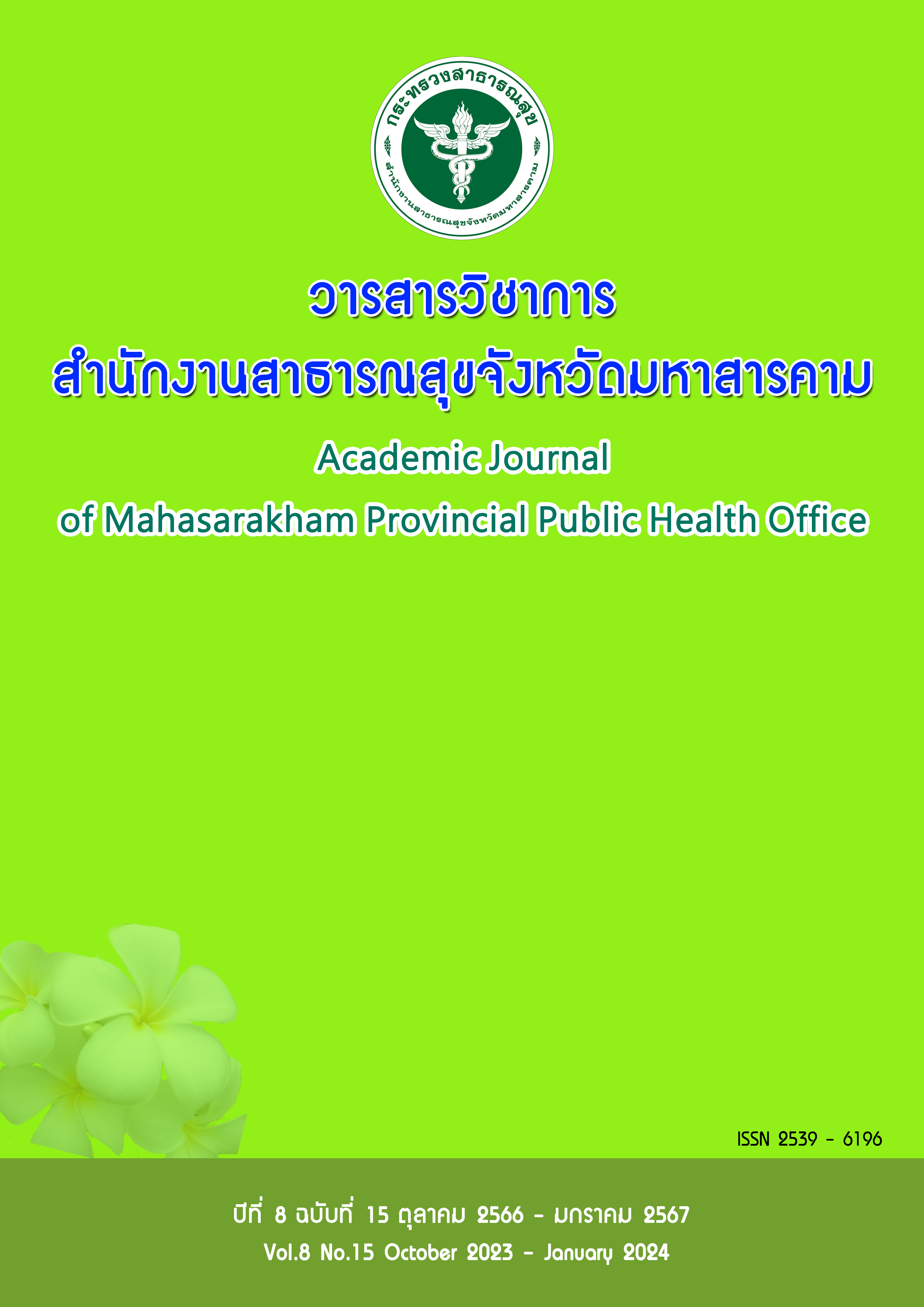Nursing Care for Leptospirosis-Associated Acute Kidney Injury Patients Requiring Hemodialysis : Case Study
Abstract
ABSTRACT
Leptospirosis is one of the most important zoonotic bacterial infections worldwide. It is caused by an infection with the spirochete bacterium Leptospira. It is most often spread through exposure to the urine of infected animals either from direct contact or from contact with soil or water contaminated by the urine. Many organ systems can be involved, especially in renal system. Clinical illness can range from acute kidney injury from acute tubular necrosis resulting in oliguria or anuria, high potassium level, volume overload, to a severe, life-threatening condition with renal failure which require hemodialysis.
Case 1, Thai male 35 year old work on a rubber plantation with history of wading in water for 1 week. He present with fever, productive cough and bilateral calf pain for 5 days. He was diagnosed as flu and got medicated from clinic, the symptom mildly improved. He developed jaundice 2 day prior going to hospital. The investigation was detected antibodies to leptospira. He developed oliguria, high potassium level and metabolic acidosis. He was treated with hemodialysis 2 times without complication so the dialysis catheter was removed. The patient was admitted for 7 days.
Case 2, Thai male 59 year old with history of wade fishing 5 days prior going to hospital. He developed fever, jaundice, epigastrium pain, bilateral calf pain for 3 days and severe epigastrium pain for 4 hours. At hospital, he developed septic shock, oliguria. He was diagnosed as leptospirosis with acute kidney injury so he was transferred to regional hospital. At regional hospital, he developed respiratory failure and was intubated, thrombocytopenia, anemia, atrial fibrillation, malnutrition and acute kidney injury. He was treated with hemodialysis for 3 times. The kidney function was improved and he was successfully extubated in 7 days. The patient was admitted for 15 days. The kidney function was re-evaluated at OPD, 2 days after discharge, with improved function so the dialysis catheter was removed.
The studies show that, in patient was diagnosed as leptospirosis with acute renal failure, appropriate hemodialysis can improve kidney function, decrease complication and mortality. So the dialysis nurse should have appropriate knowledge and standard nursing care. For the best quality and safety in patient care.
Keywords : nursing care, leptospirosis, acute kidney injury, hemodialysis


